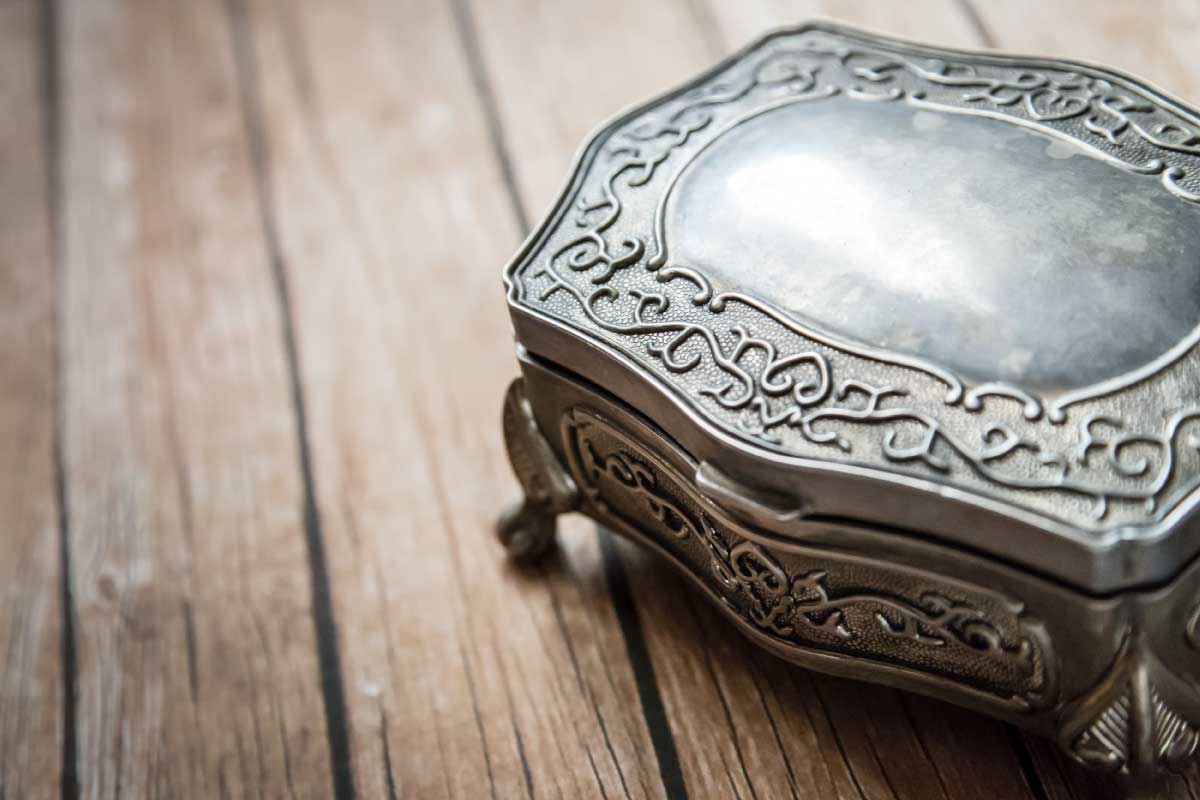- Individuality is in, keeping-up-with-the-Joneses is out.
- Environmental stewardship is in, unconscious consumerism is out.
- Social awareness is in, ostentatious wealth is out.
- Thoughtful acquisition is in, conspicuous consumption is out.
No wonder luxury jewelry is having a hard time.
Which isn’t news. We’ve been watching the closures, consolidations, and down-sizings of luxury jewelry stores for years now. But it’s still newsworthy, because luxury jewelry hasn’t carved a new, meaningful path yet, an approach that responds to these changing values which not only refuse to go away, but instead, continue to build momentum.
Hedda Schupak conducted a very important interview in the Centurion Newsletter this week with third-generation "überluxury jeweler” Jonathan Dorfman, who recently closed his ultra-luxury jewelry store in Boston. Everyone in the jewelry industry should read this interview (read it here). The article addresses the issues of changing consumer tastes, social awareness, and values. But it also points to an element that has been masking the true impact of the changes in the US consumer. Societies where ostentatious wealth and social competition still have some oxygen — China, Russia, and oil-rich Arabic nations — are now suffering economically. During the past ten years these populations have bolstered the luxury jewelry market while the American consumer was turning her attention to other things. Now, as this foreign buyer steps away from the cash-register, the dramatic changes in our domestic market are painfully obvious.
The Solution is Already Here
There is a jewelry offering that is highly individualistic, often pays greater attention to sustainability, and delivers an experience of art, hand-craft, and the type of preciousness that is handed from generation to generation. It is designer jewelry, art jewelry, jewelry made by master jewelers in their studios. For the conscientious consumer, the story of fine jewelry made by artisans who still get their hands dirty is a compelling story; a story of skill built over years, a story of craftspeople who opted out of the more typical salaried/hourly path to pursue a life of art and creativity, a story of artists who have a passion to create beautiful, wearable things. Craftsmanship is in. Stories are in.
Retailers totally focused on selling pearl button earrings, 1.0 tcw white diamond studs, 3-stone rings, and 4Cs-driven engagement rings cannot engage the new consumer. Manufacturers focused on creating the same designs they always have, en masse in China, can’t either. And by new consumer I don’t mean just the Millennials. I also mean the women my age (50s – 60s) who have changed right along with our young adult children, who often look at life very differently than we did when we were first starting out.
The Jewelry is Out There
Of course, artisan/designer jewelry is not new. It’s out there; online, in boutiques, in museum stores and specialty stores . . . . and sometimes, in jewelry stores, though the list of jewelry stores that truly focus on artisan/designer jewelry is small. Everyone in the artisan/designer segment of the jewelry business shares the same list of about 200 stores that truly get how to sell artisan/designer jewelry. There are several thousand more jewelry stores offering personalization of jewelry through customization and/or original design, many of them using CAD. Still, as an industry we are doing a poor job of telling this story to consumers, so unless they stumble into the store or onto the website, they just don’t know how exciting, beautiful, meaningful, and relevant jewelry can be.
Let's Tell the Story of Artisan/Designer Jewelry
The dairy industry suffered badly after the low-fat movement began. Suddenly, dairy was out due to a change in consumer values. The industry realized that it had to respond with a broader message, and they did, with “Milk. It does a body good.”
As an industry, we should shift to talking about jewelry in terms of art. We should be talking about its hand-made aspects, and how exciting it is when we combine the newest technologies (CAD, scanning) with old-world techniques. We should be telling the stories of the people who make and design jewelry.
We must be investing in and committed to sustainability, protecting the environment and the communities dependent on mineral and metal extraction for a living. And then, when this aspect of our industry is authentic, we should be telling that story loud and clear.
Am I suggesting one of the jewelry industry associations or magazines should step up and do this for us? No. I think they can play a role, an important role, but I believe that all of us — retailers, manufacturers, diamantaires, designers, consultants, everyone — need to embrace where consumers are now, get on board, and start telling a different story.
Individuality is in.
Social awareness and environmental stewardship are in.
Thoughtful acquisition is in.
Craftsmanship is in.
Stories are in.
Artisan jewelry is in.
Let’s all get out there and stay relevant.











